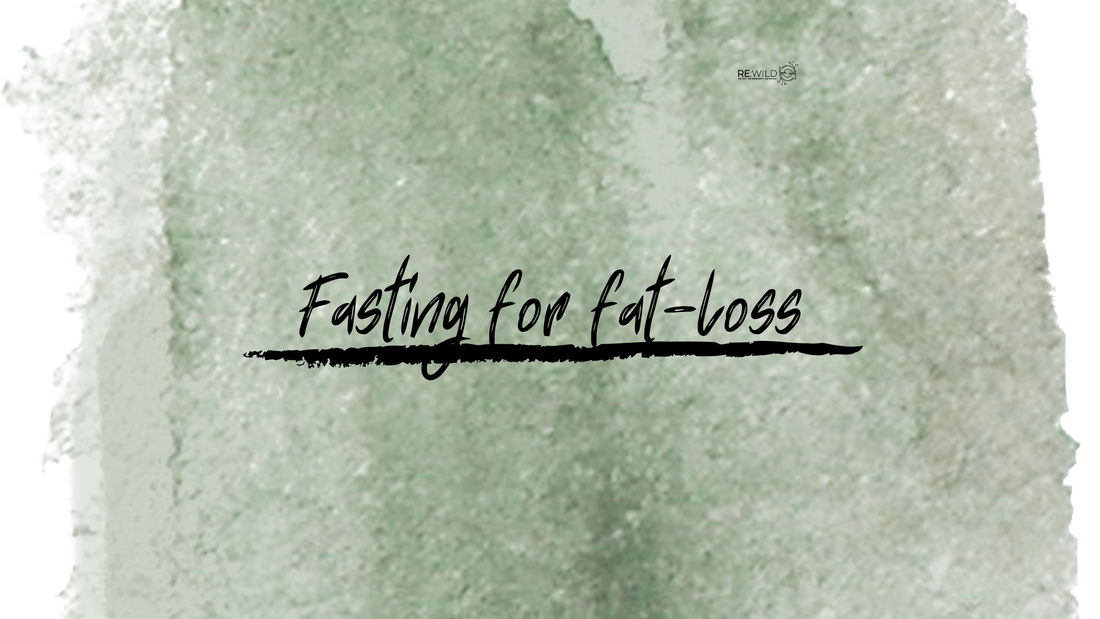|
Yes, responsible fasting in the form of skipping a meal or a day of eating entirely is going to minimise your overall energy intake and help you lose weight, but how does it help you lose fat? Once your body is depleted of glucose, glucagon will increase, promoting the release of both stored fat and glucose. Glucose will be used-up first as it’s easy to breakdown, then fat, which is why it's importantly to be consistent with your fasting, and aiming for a daily fast of around 14-16 hours. A study from 2014 found that when compared to a low-calorie diet (the usual dieting strategy) fasting showed a larger reduction in waist circumference. Please understand that there’s a difference between fat-loss and weight-loss. Weight-loss is a combination of fluid, fat mass, and lean mass, whereas fat-loss refers only to loss of fat mass. Here are some suggestions for those of you looking to maximise your fat-loss results: 1. Maximise your sleep on your fasting days. Aim for 7-9 hours. 2. 50% of your workouts should be during or at the end of your fasted window. 3. Vary your training styles as much as possible, i.e. weights, cardio, HIIT, Pilates, yoga. 4. Break your fast with protein, vegetables, and some healthy fats (think quiche, omelette, fish and salad or green vegetables). 5. Keep the majority of your carbs (rice, sweet potato etc.) to a minimum, and for your non ‘breaking the fast’ meals. If you'd like to learn more about fasting, which type of fasting method is best for you and how to fast correctly, check out The Fasting Playbook for more.
0 Comments
Leave a Reply. |
JcHere I write about everything I love and that interests me. Archives
September 2021
Categories
All
|

 RSS Feed
RSS Feed
